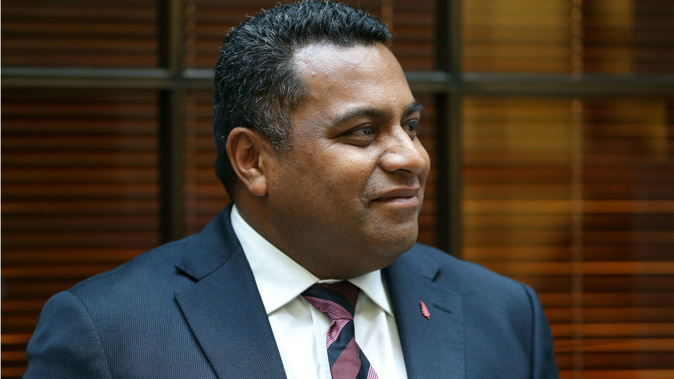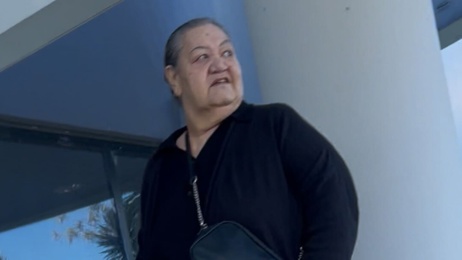
It's ineffectual, interferes with judges, and is out of fashion overseas.
That's Justice Minister Kris Faafoi's view on the contentious three-strikes law, and three reasons he cited today for throwing out the law.
Faafoi announced the introduction of the Three Strikes Legislation Repeal Bill. But it's still unclear what will happen to criminals sentenced under the old regime.
The Green Party welcomed the overhaul but Act said the Government was putting the interests of offenders before victims.
Three-strikes was an Act creation introduced in 2010 when the party was in a coalition with National.
Faafoi today said the three-strikes law had no impact on violent crime and ended up stripping judges of their independence.
"The three strikes regime is an anomaly in New Zealand's justice system that dictates what sentences judges must hand down irrespective of relevant factors," he said.
"It has led to some absurd outcomes," he added.
He said in one case, a person was sentenced to 10 years' imprisonment for an offence where the judge would usually have imposed 18 months in prison."
Faafoi said backers of the law wrongly argued it would improve public safety.
The law meant people convicted of a third serious violent, sex or drug offence should get the maximum available sentence without parole, unless it would be manifestly unjust.
The law was in place for eight years before a Whanganui stabber received the maximum penalty.
All judges in earlier cases nationwide said maximum terms would be manifestly unjust.
"The evidence remains overwhelming that there has been no effect on violent crime rates since its implementation in 2010," Faafoi said today.
He said overseas, California had repealed aspects of a three strikes law, as had Australia's Northern Territory.
He said before the three strikes law, it was possible for lengthy jail terms to be imposed.
"One person convicted of the 2001 RSA murders in Auckland received a life sentence, without possibility of parole for 30 years.
"When the Three Strikes Legislation Repeal Bill becomes law, judges will continue to be able to impose severe sentences on serious offenders."
Faafoi said Cabinet has agreed to discuss how the law change might affect people already sentenced under three strikes rules.
"This will give the public, opposition politicians and other interested parties the opportunity to make submissions on this and other issues, and I strongly encourage people to have their say on this important piece of legislation," Faafoi said.
The Green Party welcomed what it called a long-overdue repeal of the "archaic" law.
But it said the Government must go further to transform a broken justice system.
"The Green Party has been pushing for the repeal of the three strikes law for a long time and we're delighted it is finally happening," the party's justice spokesperson Golriz Ghahraman said.
Act said Faafoi's announcement was a disaster.
"New Zealand's most violent criminals, who have repeatedly carried out crimes like murder, rape and serious assaults, will get softer sentences," Act's Justice Spokesperson Nicole McKee said.
The party launched a petition against the repeal this morning even before Faafoi's announcement was released.
"For every offence carried out, there is a victim. Labour seems to have forgotten that," McKee added.
Take your Radio, Podcasts and Music with you









